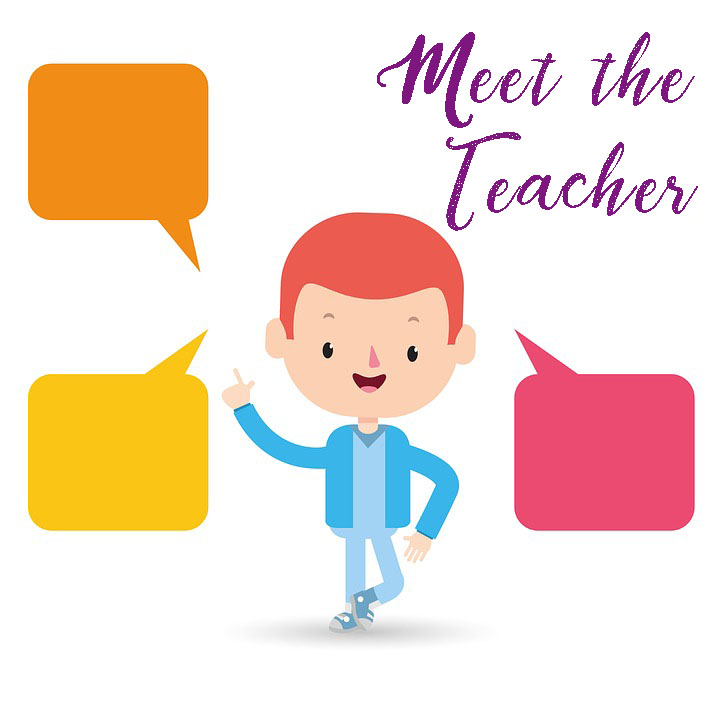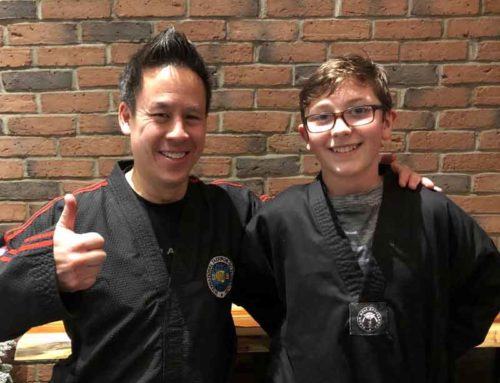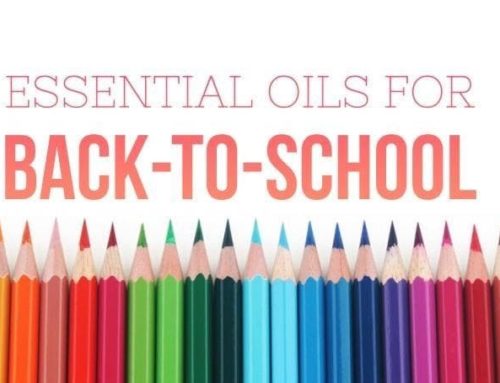You know that “Meet the Teacher” is a great opportunity to meet the educators who are spending most of the day with your child, but you may feel awkward and not know what to say or talk about. What is the protocol and purpose of this meeting? What should you expect at this meeting?
Generally, parents are invited into the classroom to meet the teachers. Feel free to bring your child as a guide to show you around the school and the classroom(s). This is a great opportunity for them to use some social and oral language skills to present her parents to her teachers, and they can explain some things and answer your questions about where and with whom they spend so much of their day.

Where is my child spending the day?
Take the opprotunity to notice how the classroom is set up and organised, where your child sits or prefers to sit, what student work is already up on the walls, where they keep their napsacks and shoes. Do you notice anything that your child might be missing to make learning easier? Once you see the space, is there something you need to consider about what your child brings to school and how? Does all of their stuff fit into their space?
What are they doing?
Initially, teachers may have a short presentation to tell you about themselves, their expectations and routines. These are great to know because you can reinforce them at home and maybe even use some of them so that routines are consistent. For example, if each student has a cubby or a hook and a routine for organising their stuff when coming inside, consider adopting a similar routine at home. Teachers may also talk about the curriculum and how they plan or program for their students. Here’s an opportunity to ask some questions about what your child will be learning and about how the day is organised.
What information do I need?
Here are a few things to find out about: What kind of homework is expected and how can you support your child with it? If your child is younger, more support will be required; as your children mature, you will want them to become more independent. Are there other ways you can support your children with their schooling? How will school news be shared? How can you contact the teacher when necessary? Please remember that while your children are at school, you want your teacher to be focusing on them, so messages may not get answered the same day they are sent.
Who is my child spending the day with?
Following the presentation and Q&A, there is generally some time to meet with teachers. Be prepared to wait your turn because you won’t be the only parent there, but there is usually only one teacher at a time. Think of this meeting as an introduction. You get to put a face to your children’s teachers. Please do not be offended if you have to reintroduce yourself to the teacher the next time you meet, or if the teacher can’t place your child without a picture or a clue. The teachers have just met all of their students, may be teaching multiple classes, and are meeting an awful lot of parents at this gathering, so it may take a while to remember everyone’s name and relationships.
That’s why teachers dread the question: “How’s Molly doing?” After such a short time, educators are establishing routines with their students and are still getting to know their students, who’s who, what are their interests, and who is capable of what. They are not ready to assess Molly’s progress yet. They barely know her. At best, you can expect a very general answer about Molly’s participation and behaviour and about how she is adapting to the new routines. Any more detail will have to wait for the parent teacher interviews.
So what do I talk about?
What might be more helpful would be if you had some information about your child for the teacher. No need to go into tons of detail, just what you think might help your child and teachers to get off on the right foot but might be information the teachers don’t have: Does your child have an easy time or tough time making friends? Does your child have any special or specific learning needs? Are there important milestones that your child has or hasn’t reached yet? Really, anything that would give the teacher some insight into the special person your child is will be helpful in planning for a successful year.
How’s it going?
You may also want to discuss your child’s first impressions of the year – particularly the good ones! Teachers spend a lot of time and put a lot of thought in how they run their classrooms, how they wil get to know their students, and how they will meet their students’ needs, so they are always happy to hear that something has helped your child have a great start to the year. If there is something your child likes about the teacher or the classroom, pass it on so the teacher knows it’s effective. By the same token, if there is a concern, it is helpful to share that information. However, please judge if it’s something that the teacher will be able to address in this venue, or if it would be better to write a note or set up an appointment for a better resolution.
What can you do?
If you think there may be a way you can help in the classroom, this is a great time to let teachers know as this is the time when they are planning for the year. Would you like to listen to children read? Would you like to help a small group with a project? Do you have any special skills or interests you could share? Could you plan or organise a special celebration when one is needed? Are you available for a field trip?
Follow-up
Since the teacher will be having many conversations with many parents over the course of the “Meet the Teacher” event, if you have anything in particular you want to make sure the teacher doesn’t forget or that you think would be helpful, follow-up with a short email or note to remind the teacher what was discussed.
Now what?
Hopefully, at the end of the meeting, you will have a good idea what your child’s teachers are like, where children are spending their day and how they will be learning. Since this meeting isn’t the time to get into how well your child is progressing and parent teacher interviews aren’t for another couple of months, what do you do if you need some reassurance before then? Feel free to ask the teacher for an appointment or a phone call to discuss your child’s progress when the teacher has had the time to get to know students better and to settle in to the school year. At this meeting, enjoy the tour, get to know the teacher, and have a great start to the school year!





